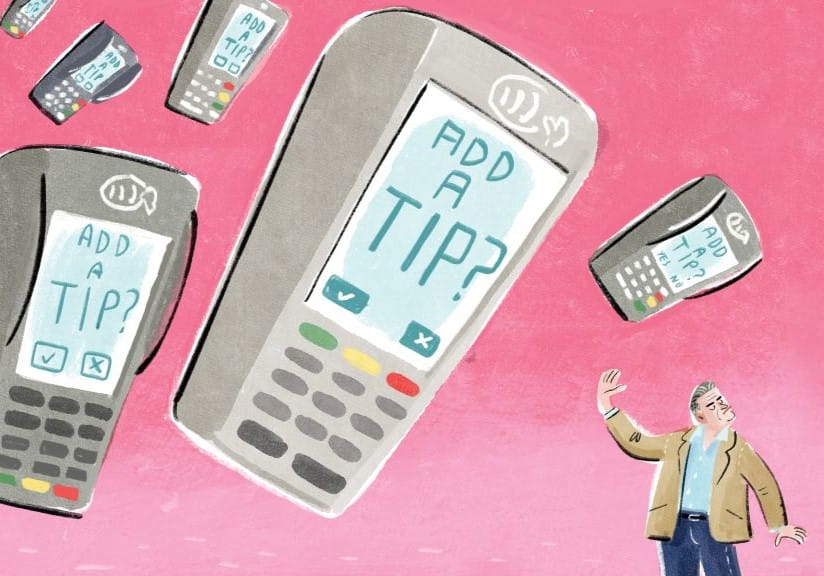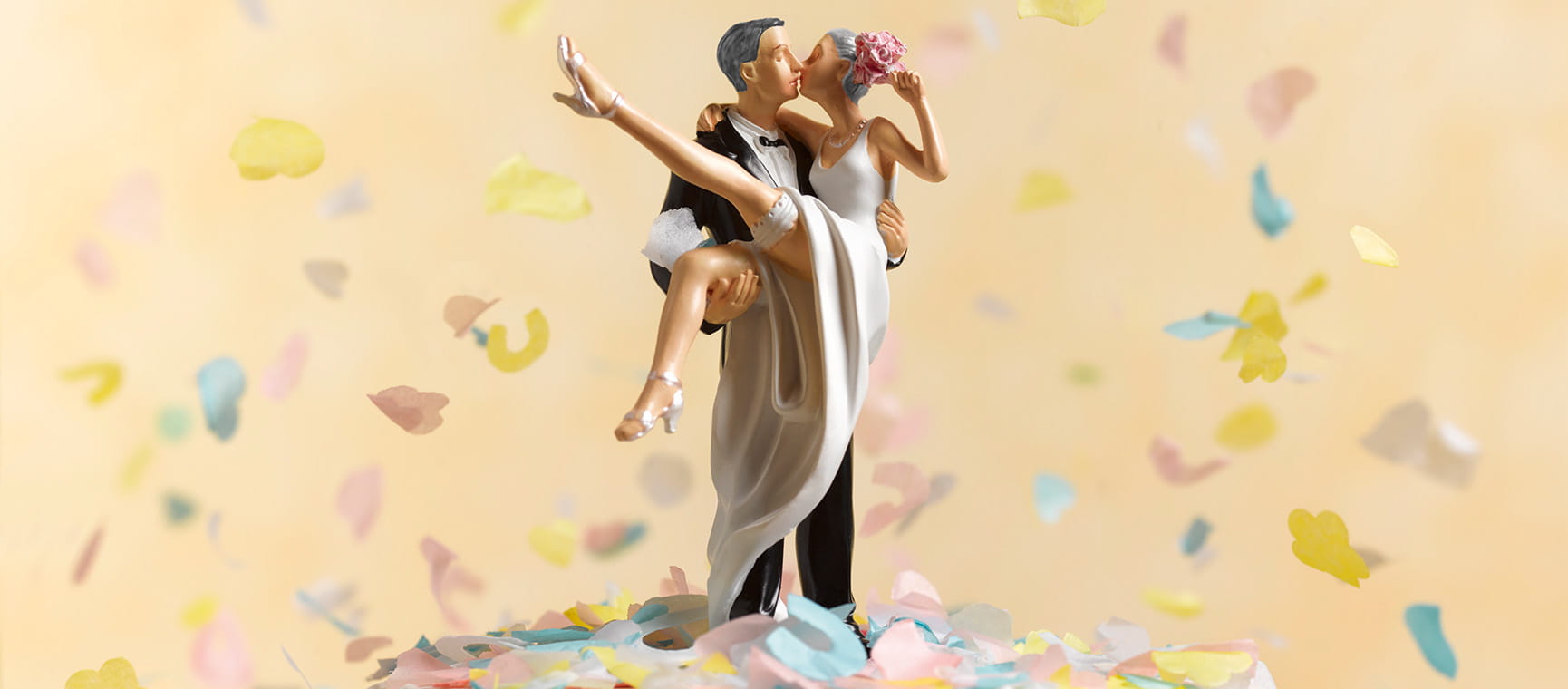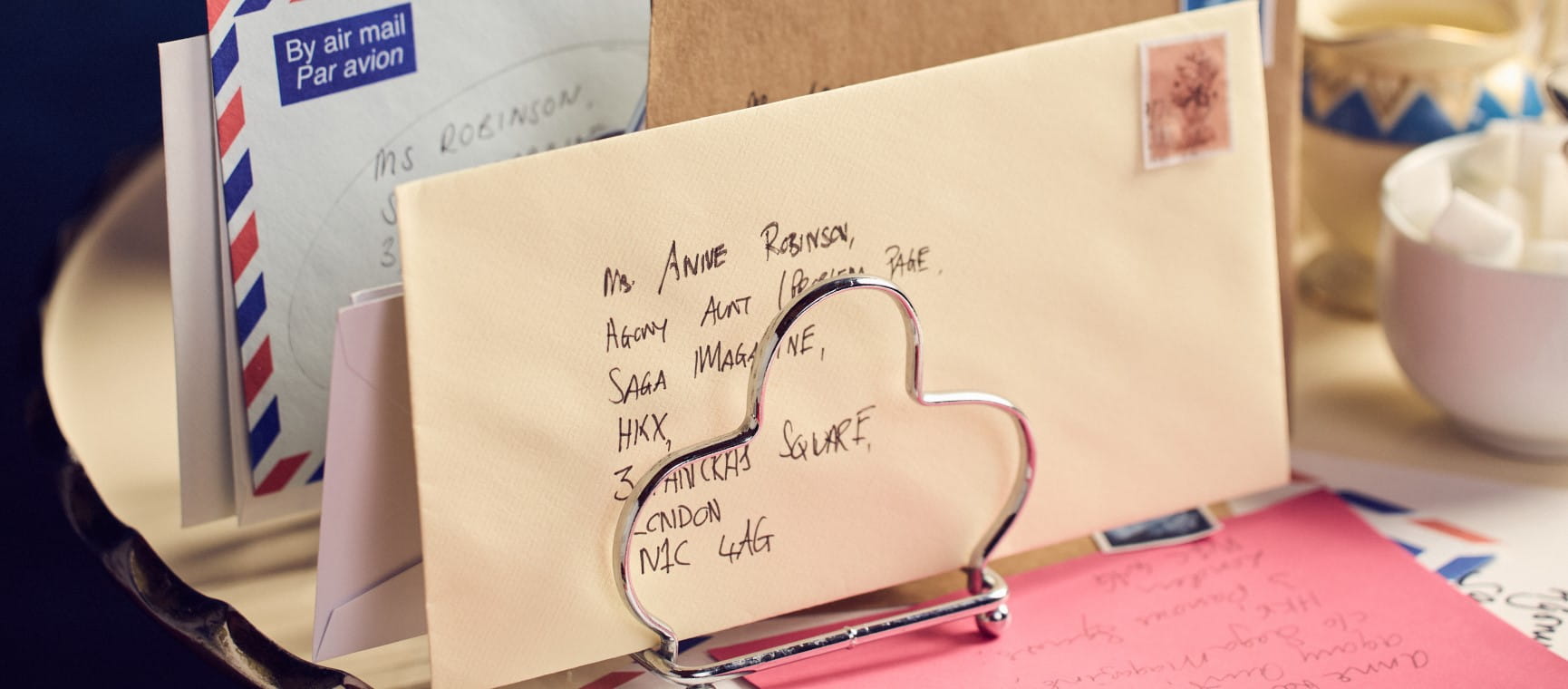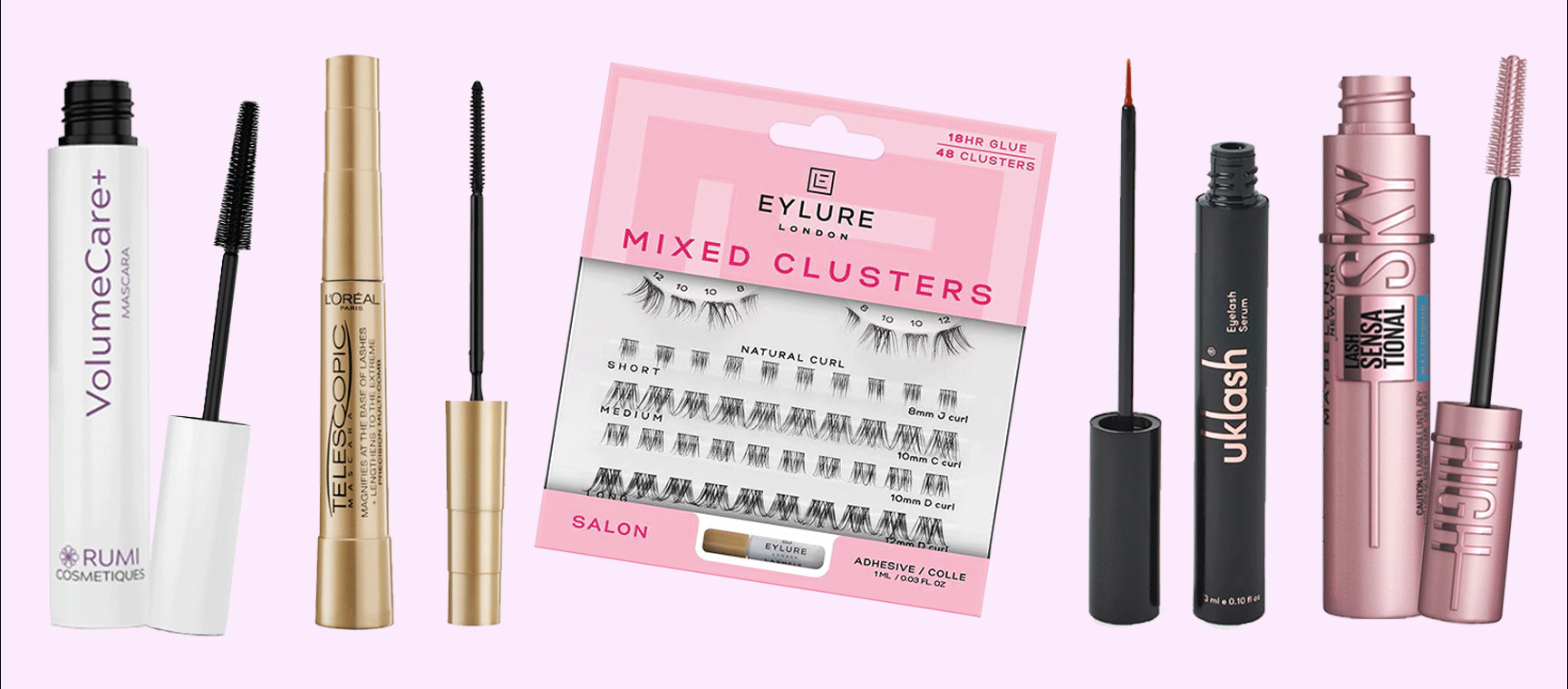Jenni Murray: "I’m grateful for the Christmas I thought might not happen"
Our columnist on how she spent a sleepless night in a hospital chair after falling seriously ill with Covid.

Our columnist on how she spent a sleepless night in a hospital chair after falling seriously ill with Covid.

Tucked into my favourite armchair, watching the fairy lights twinkle on my little tree, I’m grateful for the Christmas I thought might not happen.
Of course, I knew that our poor, underfunded, crisis-ridden NHS had been forced to treat emergencies in hospital corridors – a recent Age UK report confirms that the number of incidences of corridor care of 12 hours or more has increased a shocking 525-fold since 2015/16 – but somehow I hadn’t expected it to happen to me. But it did.
Initially I thought it was just a scary but familiar asthma attack. As I became more breathless, though, I coughed and spluttered, ached all over and lacked the energy to walk from the sitting room to the kitchen. So I dug out an old Covid testing kit, left over from the pandemic.
Positive was an unsurprising but frightening result. I was alone at home in the evening and barely able to breathe. A neighbour took the dogs to her home and I dialled 111.
Two long talks with a nurse, then a doctor, led to an ambulance. The paramedics were marvellous, providing comfort, oxygen and a speedy trip to my local hospital, London's Royal Free. Would I be taken to a bed on a ward, where I would receive appropriate treatment? No.
For around two hours, I lay in discomfort on the trolley that brought me from the ambulance. Several of us were lined up alongside the corridor wall waiting for attention.
I worried I’d be passing the virus to others. Eventually, an exhausted nurse wheeled me into a treatment room, took blood pressure and SATS, then inserted a cannula into my left hand. It would never be used. Back to the corridor for blood and Covid tests. Another hour and I was taken to a separate "room" with a "comfy chair".
It did not qualify for the title "room". It was divided from three similar spaces but was open to the busy corridor, where there was constant coming and going. A nurse confirmed Covid and said I’d have a chest X-ray tomorrow. I asked for a bed and help with my breathing. Neither was forthcoming.
Clearly, I was to spend the night in the squishy blue plastic chair. The nurse advised sleep. Impossible given the noise, the uncomfortable chair and the lack of any food or drink apart from a glass of water. I debated discharging myself but I felt too ill. I just sat there, alone, coughing and breathing with great difficulty. I wondered how many others I was infecting.
Morning came and, with it, a kind woman with a coffee. I drank it, but didn’t have enough appetite for a piece of toast. Many hours later, I was taken in a wheelchair to X-ray. A chest infection was diagnosed as well as Covid.
Eventually, the consultant passed by, told me to go home, that a hospital car would be provided, and that I must take the medication he prescribed.
Then disaster. A trainee nurse tried to remove the cannula. He looked alarmed. The needle had come out, but a piece of plastic was stuck in my hand. A team of four vascular surgeons turned up but couldn’t find it. A team of radiologists tried to spot it on a scan. No luck. I was taken to X-ray and then felt so tired and ill that I decided to leave.
My medication was delivered to the transport section, but the woman at the counter said that the car could take three hours to arrive. I had to get out.
A kind nursing sister offered to wheelchair me to the front where I could get a taxi. An Uber arrived quickly and I headed for my own bed. No such luck. The hospital called – the plastic had been detected on the X-ray. I must return and have it removed. A foreign body could be dangerous, perhaps pumped to my heart.
Another Uber back to casualty. I didn’t have to queue. They seemed to know what was wrong. A charming young vascular surgeon arrived. He’d been with the team earlier and quickly dug the plastic from my hand. Stitched and at the end of my tether, I made it home in another taxi.
I’ve no doubt everyone at the hospital wanted to do their best for me, but how can they with too many patients, too few trained staff and no beds? I guess I just have to care for myself and try not to be angry with those who are making the best of a very bad job. I hope there are beds for patients this Christmas!
[Hero image credit: Mark Harrison]
Dame Jenni Murray is a journalist and broadcaster. She presented BBC Radio 4's Woman's Hour for more than a decade and now writes regularly for national newspapers and magazines. She is a monthly columnist for Saga Magazine.
View author page
Your chance to win a 14-day tour around the Rockies and Vancouver for two, worth more than £8,800.
T&C’s apply.

For a limited time, enjoy 3 issues of Saga Magazine for just £1. Receive the next 3 print editions delivered direct to your door, plus 3 months’ unlimited access to the Saga Magazine app—perfect for reading on the go.
Don’t miss your chance to experience award-winning content at an exceptional price.
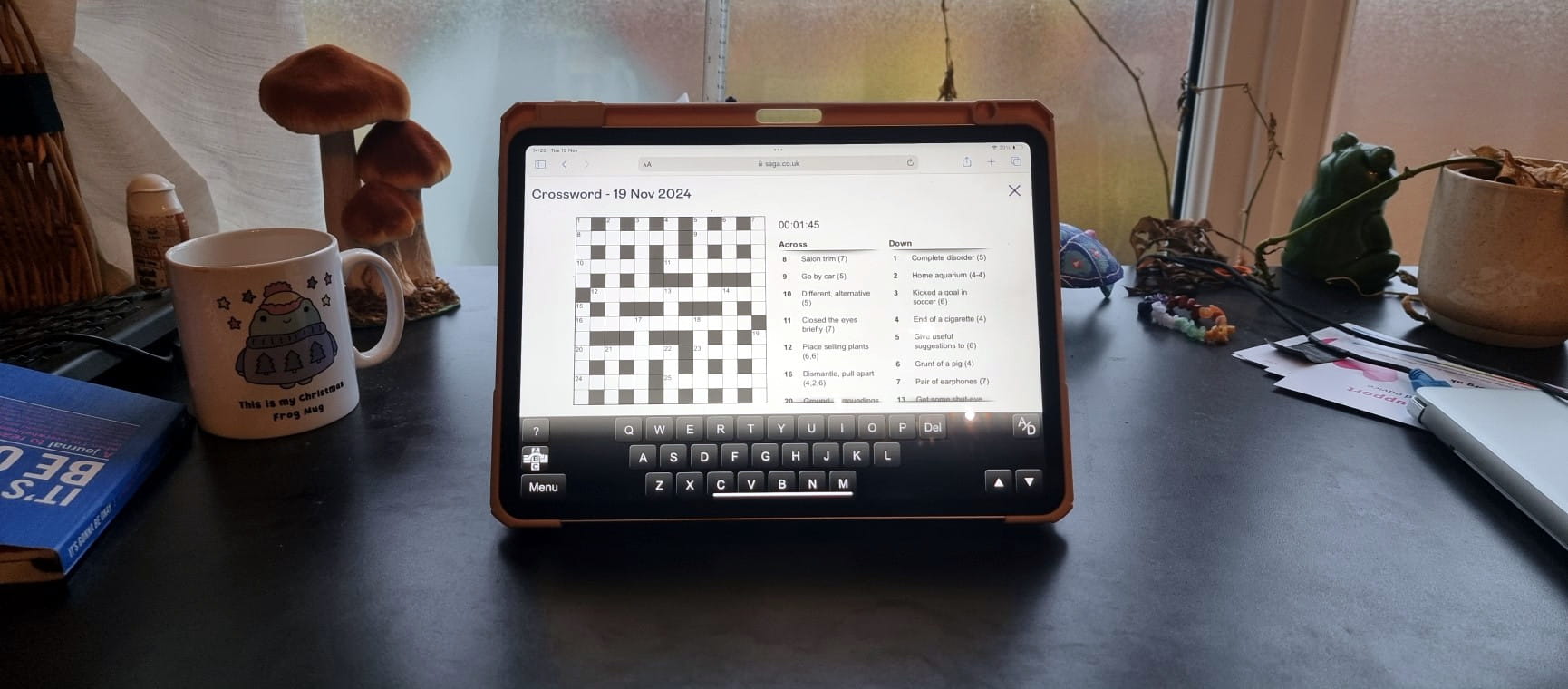
The ultimate guide to Saga Puzzles, full of technical tips, tricks and hints.
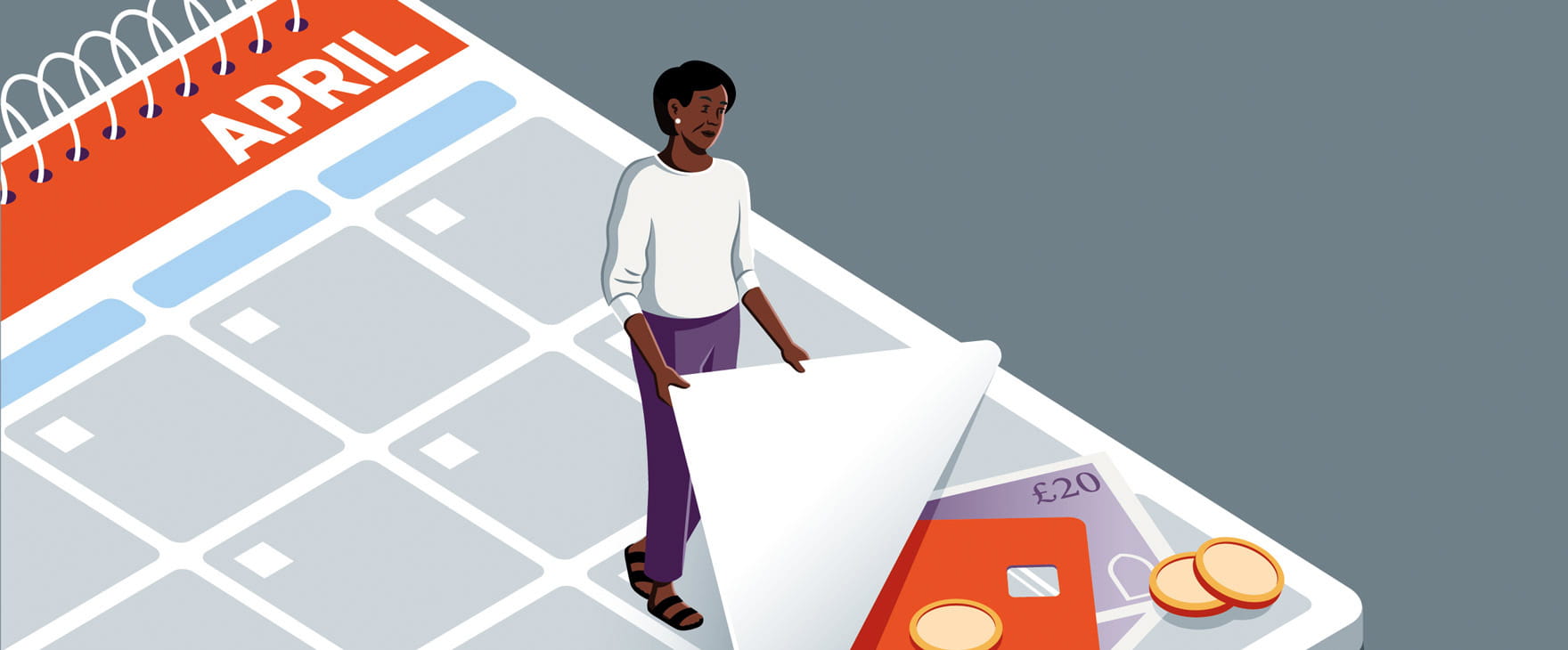
With the start of the new financial year on 6 April, our money expert explains the changes to your pension, benefits and taxes.

